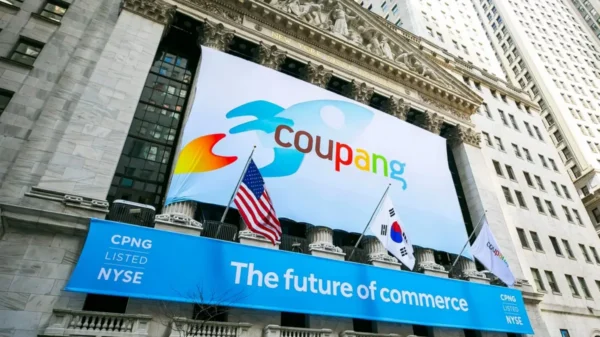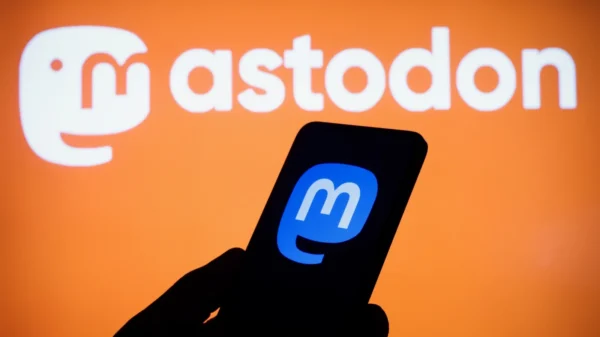Did The Washington Post Censor an Ad Campaign Against Elon Musk?
In a surprising turn of events, advocacy groups Common Cause and the Southern Poverty Law Center (SPLC) Action Fund have accused The Washington Post of rejecting their planned ad campaign titled “Fire Elon Musk.” The campaign aimed to draw attention to concerns over Musk’s unelected role in Donald Trump’s current administration.
The controversy began when Common Cause and the SPLC Action Fund reached an agreement with The Washington Post to pay $115,000 for a striking front-and-back cover ad. The planned advertisement depicted Musk laughing above the White House, accompanied by the caption, “Who’s running this country: Donald Trump or Elon Musk?” Yet, despite finalizing the deal, the newspaper allegedly refused to publish the ads without providing a clear explanation.
The decision has raised questions about whether this was simply a business choice or an act of political censorship.
Was This a Business Decision or Political Censorship?
Adding intrigue to the situation is the evolving relationship between Musk and The Washington Post’s owner, Jeff Bezos. Once considered rivals in multiple industries, including technology and space exploration, Bezos and Musk have seemingly grown closer in recent years. Both attended Trump’s 2025 inaugural events together, and Musk has publicly praised Bezos’ space company, Blue Origin, following a recent successful launch.
Further fueling speculation, Bezos has reportedly made significant financial contributions to Trump’s campaign. He has also struck financial agreements with former First Lady Melania Trump, including a $30 million documentary deal. Critics question whether these connections influenced The Washington Post’s choice to block an ad directly targeting Musk, raising concerns about the role that billionaire ownership plays in shaping media coverage.
Elon Musk’s Growing Influence in Washington
The “Fire Elon Musk” campaign reflects broader public concerns about Musk’s influence on government decisions. Advocacy groups argue that while Musk has never been elected to office, his role as an advisor to Trump allows him to shape policies affecting major industries, from technology to defense.
Common Cause has already gathered more than 60,000 petition signatures calling for Musk’s removal from his advisory position. “No one elected Elon Musk, yet he sits at the center of major government decisions,” a spokesperson for the organization said. “The public deserves transparency about who is really driving policy in Washington.”
Why This Matters
This incident raises larger concerns about media independence and the influence that billionaires wield over public discourse. If a major publication like The Washington Post hesitates to publish politically critical advertisements, it prompts reflection on the role of media in a functioning democracy. Are newspapers making editorial decisions based purely on financial and business interests? And if so, does this trend erode journalistic integrity?
Despite The Washington Post’s refusal to run the ad, the “Fire Elon Musk” movement continues to gain traction. Advocacy groups are now turning to alternative media platforms to spread awareness about Musk’s advisory role in Trump’s administration. As his influence in Washington grows, so does public scrutiny—not just over Musk’s role, but also over whether media outlets are selectively shielding him from criticism.
This debate over media independence and corporate influence is unlikely to fade anytime soon. As political and business interests increasingly intersect, these questions will remain central to discussions about transparency, democracy, and media responsibility.












































